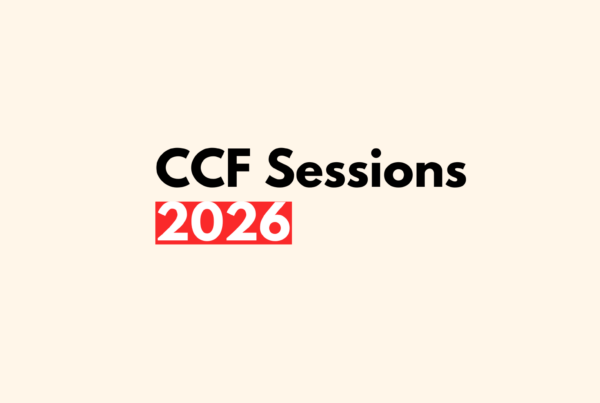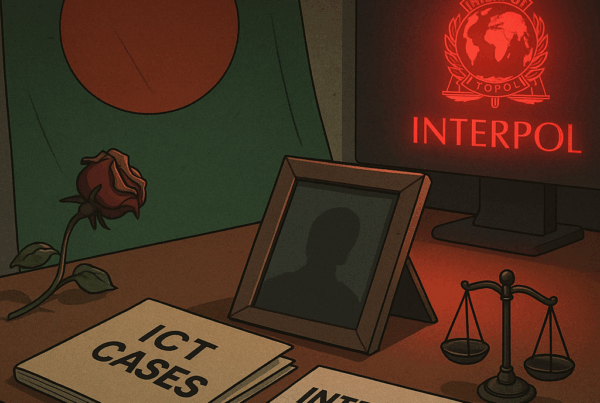The Commission for the Control of INTERPOL’s Files (CCF) has released its activity report for 2023. The report sheds light on the CCF’s work over the past year, offering a detailed look at its accomplishments and the challenges it faces. This article highlights the key points from the report, including notable trends, ongoing issues, and the Commission’s plans for the future.
Increased Workload and Consequences
“The biggest challenge facing the CCF in 2023 was the increased workload and limitations on the resources to deal with it.”
This statement underscores the primary theme of the CCF’s 2023 Annual Report: a system under significant strain due to a dramatic surge in workload.
The CCF reported receiving 2,793 requests in 2023—an average of 232 per month. This marks a 70% increase from 2021 and a 24% rise from 2022. Additionally, email volume averaged 100 messages per day, many with multiple attachments requiring stringent security protocols.
These pressures have significantly impacted the CCF’s ability to meet statutory deadlines. In 2023, the four-month deadline for access requests and the nine-month deadline for correction or deletion requests were missed in 30% of access cases and 15% of complaints. For delayed cases, resolution took an additional three to six months on average. The CCF openly acknowledged the seriousness of these delays, noting:
“This delay is a serious concern, for applicants, for NCBs, for the CCF and for INTERPOL as a whole.”
Responsibility for these delays is not solely the CCF’s burden. The report points to shared challenges with the INTERPOL General Secretariat noting:
“The workload of the CCF, as well as the workload of those parts of IPSG that are responsible for letting the CCF know if there are data, has resulted in the CCF not always being able to fulfill its statutory deadlines.”
No Short-Term Solutions Expected
Efforts to reduce delays are ongoing, with initiatives such as securing additional resources, improving internal processes, and upgrading technological tools. However, during the presentation of the CCF’s annual report at the INTERPOL General Assembly in Glasgow in November 2024, Chairperson Teresa McHenry acknowledged the challenges ahead, stating:
“We don’t anticipate short term improvements and indeed, we believe that the CCF delays will be worse for 2024 and likely for 2025, but we are optimistic about medium term improvements if the additional resources and adequate IT tools are provided.”
This statement underscores the reality that while changes are being implemented, immediate improvements are unlikely, and delays are expected to persist in the near term.
Compliance and Non-Compliance Rates
Among 500 admissible complaints closed in 2023, 68% were found non-compliant with INTERPOL’s rules, while 32% were compliant. Key findings include:
- 54% of non-compliant cases involved violations of INTERPOL’s Constitution (Articles 2 and 3), the refugee policy, or procedural requirements for Notices and Diffusions.
- 14% of cases were deemed non-compliant due to a lack of cooperation from NCBs. In such instances, the CCF automatically deleted data without further examination.
Shifting Trends in Request Types
The report highlights a significant increase in applications for revision, which rose from 9% of total requests in 2022 to 20% in 2023. This shift was driven by both individual applicants and certain countries. The ratio of complaints to access requests, however, remained broadly unchanged.
Restrictions on Communication
Approximately 60% of NCBs and 20% of applicants requested restrictions on information sharing. These requests added complexity to the CCF’s work, as the Commission had to weigh these restrictions against its obligation to provide reasoned decisions. The report notes that such restrictions are resource-intensive and contribute to delays.
Potential Amendments to the CCF Statute
The report concludes with discussions on revising the CCF Statute to address inefficiencies and better align its mandate with the growing demands. These potential amendments signal a commitment to institutional reform, although their implementation will require time and consensus.
Conclusion: Strain on an Overburdened System
The 2023 Annual Report highlights the significant challenges faced by the CCF due to rising requests and limited resources. Despite efforts to mitigate delays through procedural adjustments and resource allocation, the immediate outlook remains difficult. Delays are expected to worsen, affecting applicants and posing risks to INTERPOL’s overall efficiency and credibility. While medium-term improvements are possible with additional resources and technological advancements, practitioners and applicants must approach the current situation with patience.





